RSS
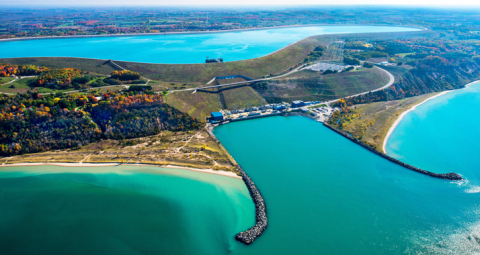
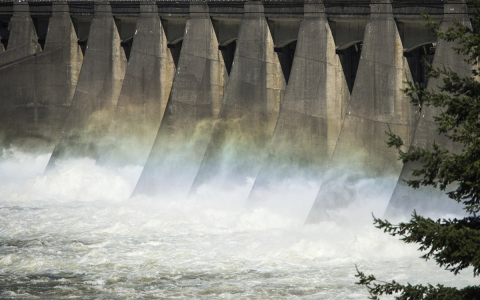
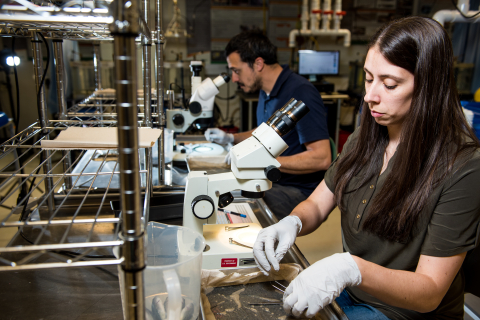
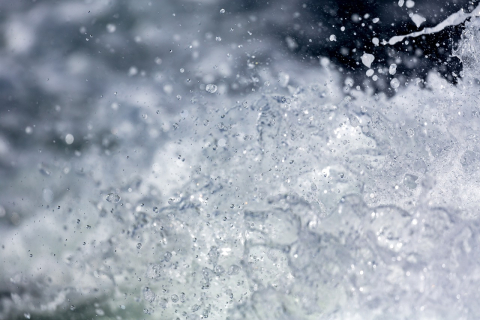
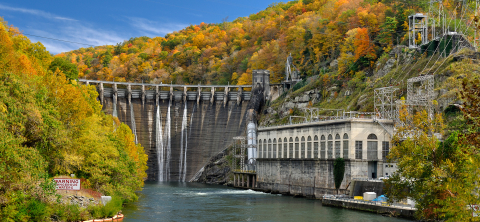

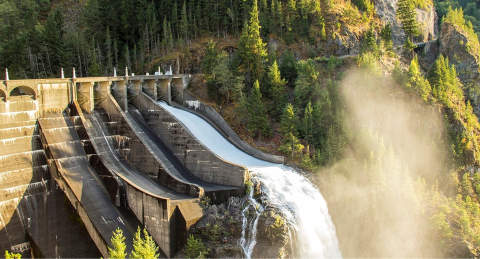
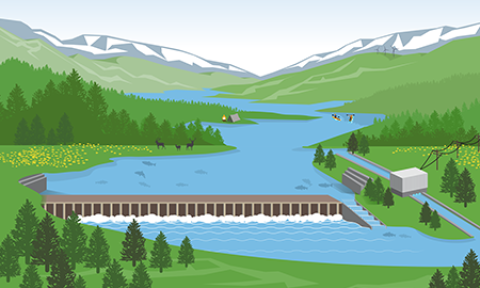
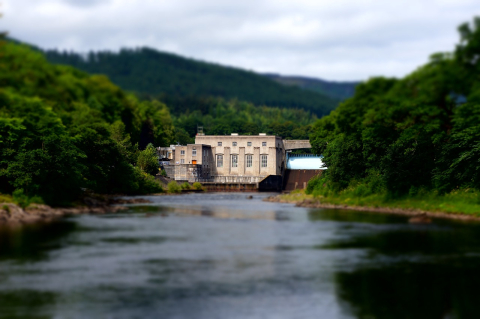
Subscribe to the Hydropower Newsletter
WPTO's Hydropower e-newsletter features news on R&D and applied science to advance sustainable hydropower and pumped-storage technologies.
Below are stories about hydropower featured by the U.S. Department of Energy (DOE) Water Power Technologies Office.

Although PSH has been around for over 100 years, two new studies from the Water Power Technologies Office under its HydroWIRES Initiative demonstrate that much of its potential remains untapped.

WPTO extended the deadline for comments from the nonfederal hydropower community on climate change data and research needs to inform hydropower operation and resource planning. Responses are now due Monday, Aug. 8, 2022, by 5 p.m. ET.

WPTO selected small business-led projects that can help spur water power-focused innovation across the United States.

During Waterpower Week, which took place April 5–7, 2022, in Washington, D.C., the Water Power Technologies Office launched two collegiate competitions, a new prize, and a request for information. Read the recap of these existing announcements.

Hydropower has a crucial role in the clean energy future. The projects in WPTO’s 2020–2021 Accomplishments Report, along with many more, are helping to advance hydropower and pumped storage systems to create a flexible, reliable grid.

WPTO Director Jennifer Garson discusses WPTO’s investments in efforts led by industry, academia, and our national laboratories to advance our understanding and development of water power systems and technologies.
Find out how this CEO found her calling to reduce the environmental impact of hydropower while making it simpler and more cost-effective—and why she doesn’t demonize fossil fuels.

WPTO seeks comments from the non-federal hydropower community on data and research needs to help the office explore how to leverage climate change science to inform long-term hydropower operation and resource planning.

HCC will engage interdisciplinary teams of undergraduate and graduate students to offer unique solutions to complex challenges related to hydropower’s ability to enable a 100% clean energy grid, and attract a new set of skilled and diverse workers.

WPTO is launching the Hydropower Operations Optimization (H2Os) Prize to encourage multidisciplinary teams to help solve some of the most near-term challenges in the clean energy transition by improving the performance of hydropower system operations.

